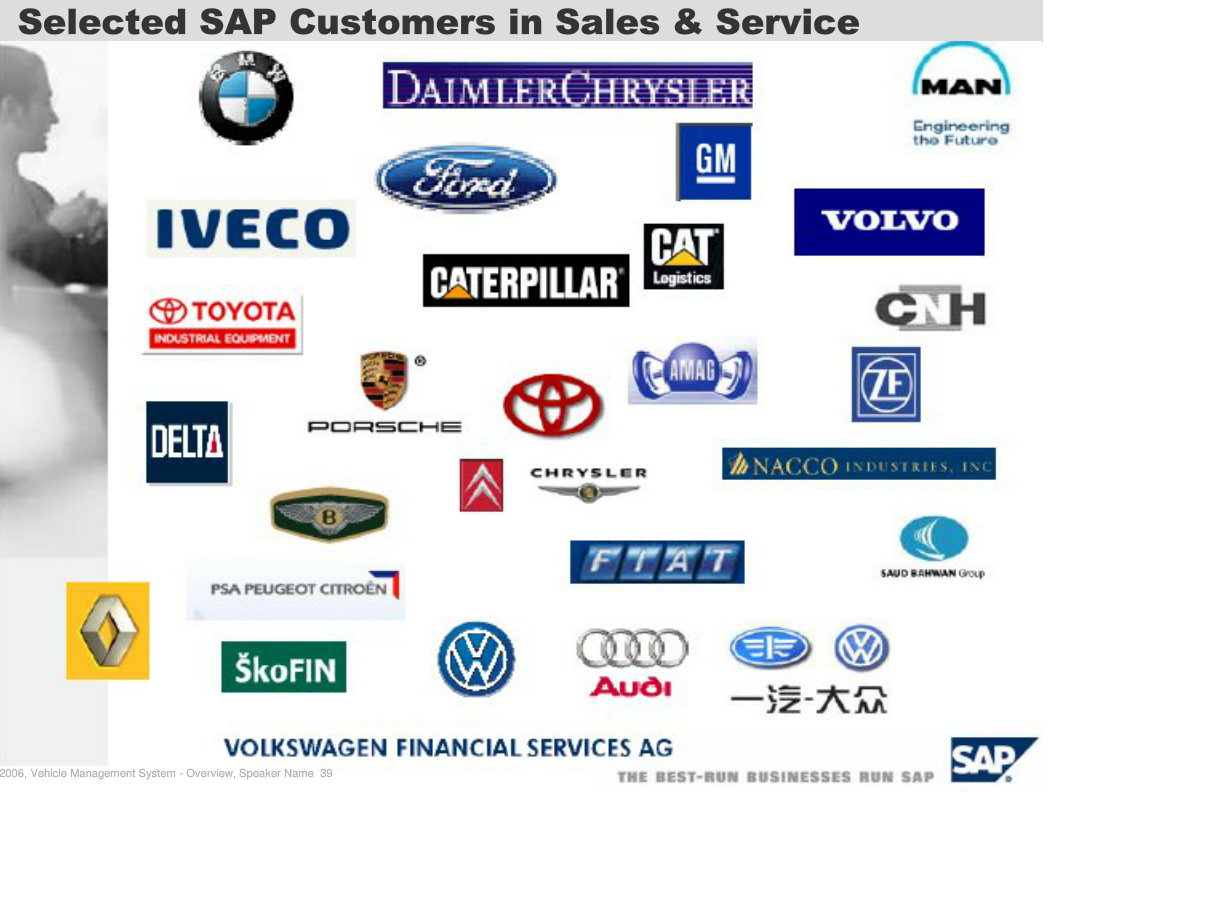Scroll Below

Thursday, February 12, 2015
Wednesday, February 4, 2015
Material Type
Yesterday, we discussed about the Material Master creation
Here, You can find the screen shots for reference.
Material Type which is selected during the Material Creation
Here, You can find the screen shots for reference.
Material Type which is selected during the Material Creation
The VEHI type is defined for Variant Configuration. In the Basic Data 2 view,
the check box “Material is Configurable” comes pre-selected.
the check box “Material is Configurable” comes pre-selected.
The VEHI type is defined for individual valuation type creation. In the Accounting 2 view,
the valuation type “X” (automatic creation) must be defined.
the valuation type “X” (automatic creation) must be defined.
Tuesday, February 3, 2015
Create Material Masters
Let us see today How to create material masters
Multiple vehicle records can be created against a single material master in VMSTo create a material master, the transaction code is MM01
We need to define the following:-
1. a material name (can be logical, or assign a counter),
2. a Industry Type (not so important for our purposes),
3. and a Material Type (very important, so we discuss in a bit more detail).
ERP provides a special material type that can be used for VMS – the VEHI.
VMS also supports other material types
The material type must be defined as follow:
1.The VEHI type is defined for Variant Configuration. In the Basic Data 2 view,
the check box “Material is Configurable” comes pre-selected.
If this indicator is set, you can assign a variant class to the material, making it possible
to use it as a configurable material.
2.The VEHI type is defined for individual valuation type creation. In the Accounting 2 view,
the valuation type “X” (automatic creation) must be defined.
There are other views that must be maintained if you want to do anything with your material.
1.Basic Data 1 – material description, base unit of measure.
2.Classification – assign the Variant Class (type 300) here.
3.Sales Views – if you want to create sales orders, maintain these views.
4.Purchasing Views – if you order the vehicle from an OEM factory, or send it to external
vendors for rework/repair, maintain these views.
5.MRP & Work Scheduling Views – only if you implement PP and VMS.
One Important Point - most of these views are plant specific. So make sure views are created
in the correct plant code.
Once the material is created, we still need to create a configuration profile (transaction CU41).
As mentioned above, every material master used in VMS must be defined as configurable,
so it needs its own configuration profile.
Now the required master data is ready to use in VMS
Subscribe to:
Comments (Atom)






